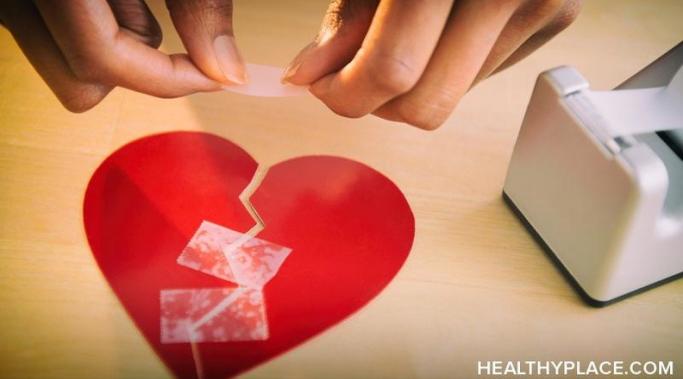Blogs
Are you concerned that your best friend is verbally abusive? Many of us have had friendships with a certain person that leaves us feeling drained, continually frustrated, or wondering why our friend did that hurtful thing again – if these are thoughts that you’ve been having, it may be time to consider the signs that your best friend is verbally abusive. Verbal abuse is often thought to be most common in romantic or familial relationships, but those are not the only relationships rampant with verbal abuse; platonic friendships are just as open to the potential for verbal abuse -- here are the signs that your best friend is verbally abusive.
Recovering from a mental illness during the holidays can be more difficult than recovering at any other time of year. The holiday season can bring additional financial, personal, and emotional stress as well as a sense of overwhelming anxiety. Seeing family members, having to purchase gifts, and juggling the added responsibilities during the holidays are all not conducive to recovering from mental illness. But recovering from mental illness over the holidays is possible with a plan and awareness of what the holidays may bring up for you.
No one can diagnose an eating disorder by looking at someone's body type; yet, when we think about eating disorders, there are probably two images that pop into our minds: Someone who’s painfully thin and another person who’s largely overweight. The problem with that kind of thinking is instead of seeing eating disorders as mental illnesses, we see them as body types. As harmless as it may seem, if you try to diagnose an eating disorder by body type, it is a form of mental health stigma.
My family experiences sibling abuse because my son has disruptive mood dysregulation disorder (DMDD). This means his emotional responses are violently out of proportion to the trigger. Worse, the trigger is often his sister. If he perceives her to get anything positive that he does not, Armageddon breaks out. I don't know how siblings without mental illness interact. All I know is that the fighting that goes along with sibling abuse is exhausting.
My anxiety over health insurance since my divorce 15 months ago, is increasing daily. While married, I was covered as a dependent under Tricare, the military’s insurance. When I moved to Idaho and eventually divorced, I found myself in what is called "the gap" in Idaho's health care coverage.1 It is a hole in Idaho’s health insurance plan where thousands of Idahoans do not have affordable access to healthcare coverage. Because my daughter is on her father’s insurance, I am not eligible for Medicaid. As it stands, I receive no tax credit for insurance because of my income bracket. Therefore, affordable rates for health insurance aren't available to me. I need anxiety treatment, and this anxiety over health insurance is not helping.
Have you thought to celebrate your binge eating disorder recovery over the holidays? Often times we become so entrenched with stress during the holidays that we forget to celebrate what's really important. When we get caught up in the superficial parts of the holiday season, we completely ignore what truly matters to us. Celebrating your binge eating disorder recovery, your body, and your progress is just as important as all the other good stuff this season has to offer.
Do you want to feel confident about your New Year's resolutions? Do you want to head into the new year with the motivation and drive to achieve your goals this time around? Don't let the fear of failure interfere with your confidence; you can do this, just follow the steps below for more guidance and tools for making this year the best one yet. Feel confident about your New Year's resolutions.
I experience schizoaffective depression and must also cope with seasonal affective disorder (SAD). Seasonal affective disorder means just what it says – you suffer from clinical major depression more acutely in the winter. That happens to me. But I also get extremely anxious in the summer. Here’s how I'm coping with SAD and schizoaffective disorder, bipolar type.
I have dissociative identity disorder (DID), and since I write about DID, it may seem like living and functioning with this disorder is possible. But is that the reality? Dissociative identity disorder is a complex disorder. There are dozens of symptoms for DID and no concrete cure. This disorder affects all aspects of your life. And even though I'm a DID writer who seems to have it together when it comes to my disorder, I have a confession to make.









